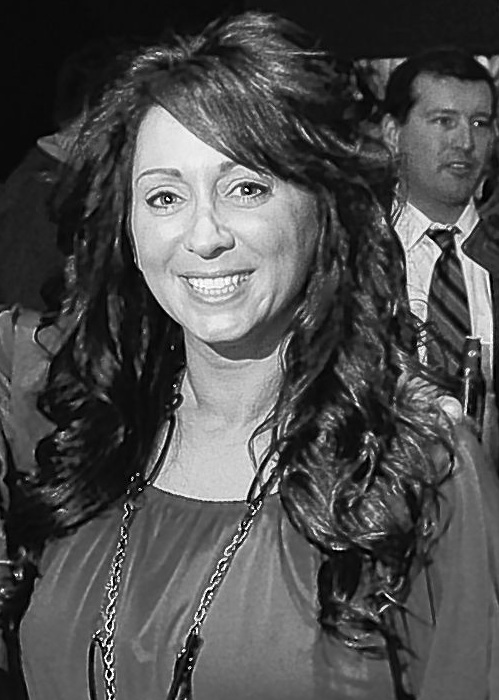Investors with a passion are increasingly turning to a self-directed retirement account to invest their retirement savings in what they know best — whether it’s real estate, domain names, a business or even horses.
SDRAs are providing a growing number of investors with what they are looking for in these uncertain times — more control over their retirement nest eggs. Self-directed investing also offers an opportunity for true diversification and the option to create wealth outside traditional stocks, bonds and mutual funds.
With SDRAs, investors are able to pursue investments in their core competency. If they understand real estate, the restaurant business, farm animals, golf courses, RV parks or even show horses, they can use that knowledge or passion to invest in those assets within a qualified retirement account.
Combining investments people know and understand with the advantages of an individual retirement account or 401(k) — namely, tax-deferred growth — is proving to be a powerful investment strategy and a logical hedge against market volatility.
A word of caution, though: Nontraditional investing through SDRAs is generally not a do-it-yourself proposition, requiring additional knowledge of Internal Revenue Service rules, regulations and guidelines.
The best chance of succeeding with nontraditional investing is to work with professional advisory firms that specialize in this area and can take the extra steps needed to make sure investments through the SDRA comply with IRS guidelines.
American investors have been able to legally invest in almost any asset ever since the IRA was created in 1974. Even so, few advisers nationwide have taken on the challenge to truly understand the concept of nontraditional investing and help make it work for their clients.
Instead, the great mass of investors for years was steered toward traditional stocks, bonds and mutual funds to the point that most believe Wall Street is the only option for their retirement accounts.
But recent market volatility — and the prospect of more frequent fluctuations — have prompted savvy investors to look for additional ways to diversify, sparking interest in self-directed investing.
The process starts with the creation of a retirement account with a qualified custodian that allows for nontraditional investments, funded either through new retirement savings or by rolling over all or part of an existing IRA (traditional or Roth) or any retirement account.
Once created, funds in the SDRA can be used to purchase a virtually endless range of assets, per the IRS, excluding life insurance and collectibles.
Real estate is one of the most popular choices for nontraditional investing with a self-directed retirement account, because many investors have owned a home and understand how real estate and mortgages function.
Real estate is also a physical asset that investors can see, touch and, in some cases, exercise some control over. With real estate, it is unlikely that the value of a given property will decline to zero, due to the intrinsic value of the land itself.
An example of a more “outside the box” investment choice that lends itself to a self-directed retirement account is horses.
My firm, NUA Advisors, an independent Registered Investment Advisory firm, advised a client with a passion for horses who knew the ins and outs of buying, training and selling horses and how to create wealth with this asset. Working closely with his team of advisers, trainers, farmhands and others, he was able to capitalize on his passion within his retirement account.
An independent wealth management adviser specializing in nontraditional investing will make sure the investment idea is a good portfolio allocation fit and develop an exit strategy for the investor. The adviser helps manage risk, rules and regulations and provides an overall investment strategy, ensuring diversification.
No matter what your passion or knowledge base happens to be, there is bound to be a nontraditional investment available that can generate retirement wealth.
Using investments where the investor has the proper knowledge and understanding, along with proper allocation and risk management, self-directed accounts may provide the diversification needed to hedge against the ups and downs of Wall Street and secure a comfortable retirement.
Copy the Story Link
Send questions/comments to the editors.



Success. Please wait for the page to reload. If the page does not reload within 5 seconds, please refresh the page.
Enter your email and password to access comments.
Hi, to comment on stories you must . This profile is in addition to your subscription and website login.
Already have a commenting profile? .
Invalid username/password.
Please check your email to confirm and complete your registration.
Only subscribers are eligible to post comments. Please subscribe or login first for digital access. Here’s why.
Use the form below to reset your password. When you've submitted your account email, we will send an email with a reset code.